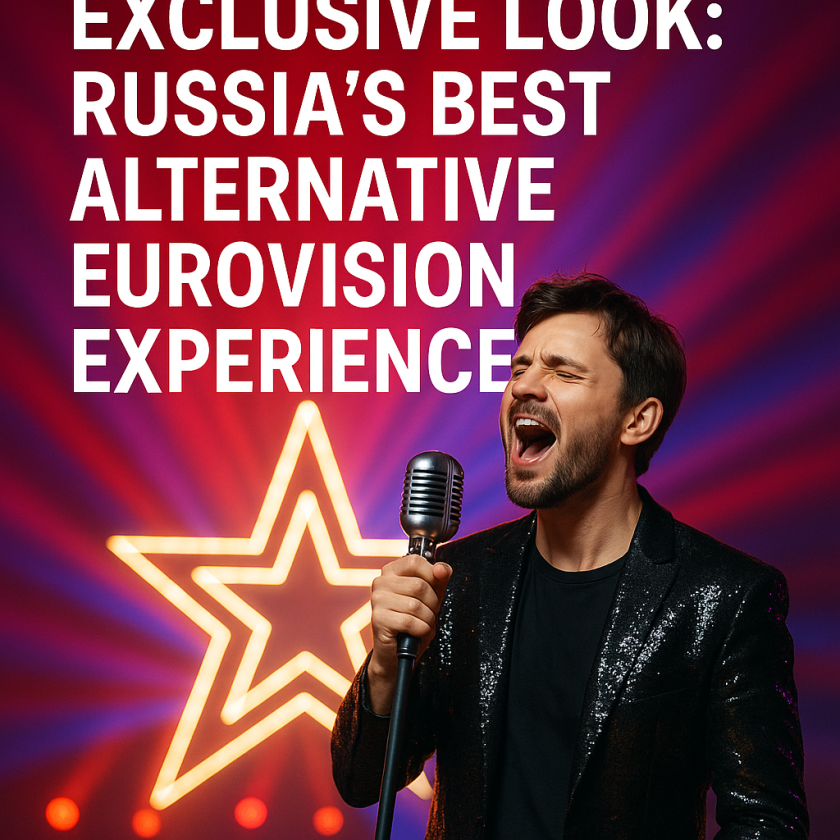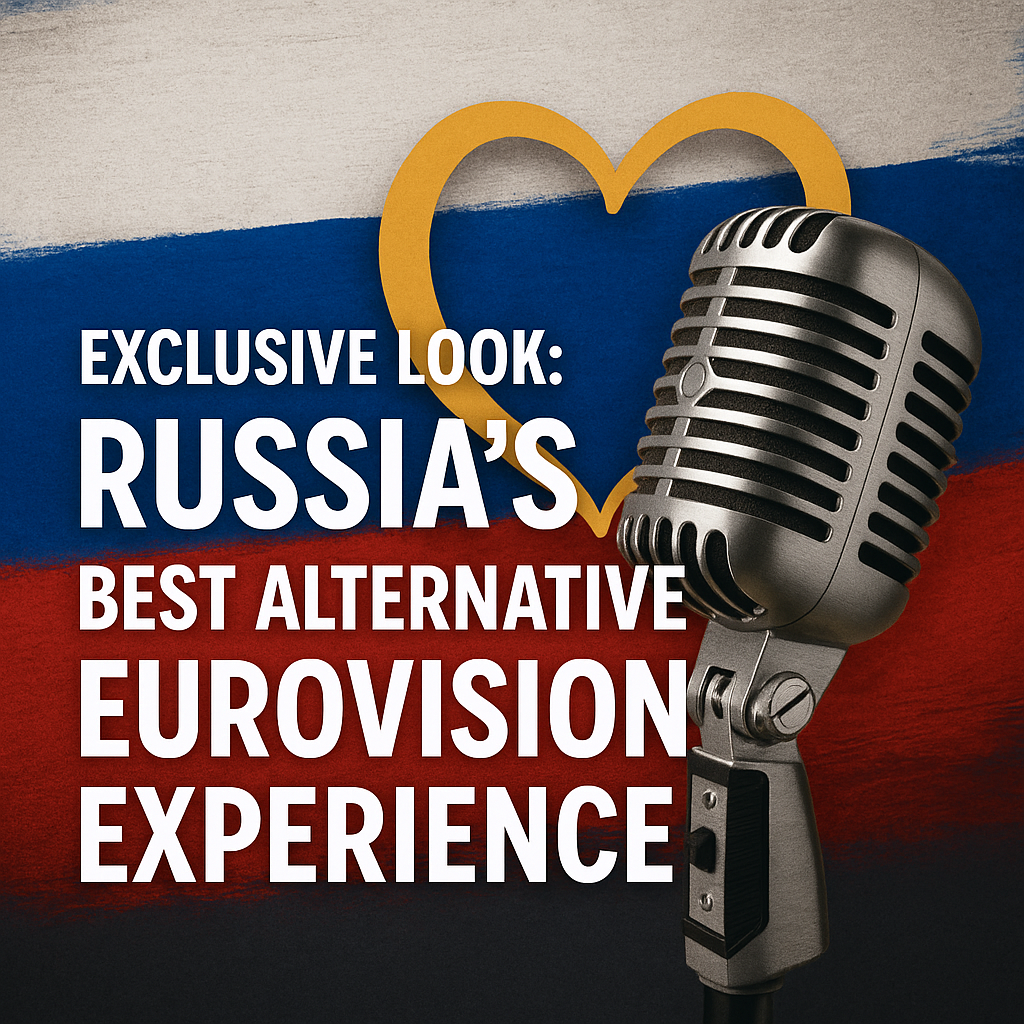Exclusive Look: Russia’s Best Alternative Eurovision Experience
An Exclusive Look at Russia’s Best Alternative Eurovision Experience
In recent years, Russia has found itself navigating complex waters when it comes to international cultural competitions like Eurovision. In response to its exclusion from the mainstream event, the country has crafted its own alternative experience, which offers a unique blend of artistry, cultural pride, and a reflection of contemporary Russian society.
The Emergence of Russia’s Point of View

Russia’s alternative Eurovision experience showcases a distinct shift in the country’s cultural narrative. As outlined in an article from Sky News, this event aims to distance itself from what some perceive as the overly flamboyant and liberal tendencies of the official Eurovision contest. The goal is to create a space that aligns more closely with conservative values, reflecting the sentiment of many Russians who feel disconnected from Western political and cultural dynamics.
This alternative event serves both as a celebration of homegrown talent and as a platform for voices that may not fit into the traditional Eurovision mold. Artists participating in this event often embody themes that resonate with nationalism and traditional family values. As noted in discussions around the event, its appeal lies in its ability to resonate with a significant portion of the Russian populace who may feel that their artistic expression is underrepresented.
A Shift in Musical Styles: From Camp to Conservatism
One of the most striking features of Russia’s alternative Eurovision is its musical style. Unlike the official event, which often showcases campy and extravagant performances, the Russian alternative focuses on more conservative musical elements. According to Al Jazeera, this shift reflects a broader trend in Russian art that draws upon folk traditions, classical music, and poignant lyrics that resonate with national identity.
The emphasis on a more serious tone serves to validate a specific cultural stance and can be seen as a direct response to the perceptions of elitism and libertinism prevalent in Western art forms. The alternative Eurovision not only attempts to reclaim a narrative in the realm of popular music but also seeks to inspire pride in Russia’s rich cultural heritage. While some critics argue this could stifle creativity, proponents see it as a necessary evolution.
Mixed Reactions from the Public and Critics
The reception of Russia’s alternative Eurovision has been mixed. On one hand, supporters appreciate the effort to cultivate a sense of community and national pride. Articles from RT highlight how the event has garnered attention for providing a stage for underrepresented voices and fostering a sense of cultural solidarity.
However, there is also skepticism surrounding its long-term implications. Critics contend that by creating a platform for only certain types of expression, the event risks echoing the same systemic biases seen in other cultural institutions. This challenge raises questions about what constitutes true artistic expression in a society marked by political and ideological divisions.
The Future of Cultural Competitions
As international events like Eurovision continue to evolve, Russia’s alternative experience raises critical questions about the future of cultural competitions globally. Should art serve as a bridge between differing ideologies or risk becoming a weapon in the culture wars? The burgeoning alternative Eurovision also reflects concerns within Russia about its place in the global cultural landscape and the extent to which it can reconcile its identity with mainstream platforms.
While the alternative experience may offer a temporary solution for artists yearning for validation, it’s essential to ponder whether it can sustain itself in the long run. Striking a balance between patriotic sentiment and artistic freedom is no small feat.
Conclusion: Navigating New Creative Waters
As Russia navigates this new creative landscape, the alternative Eurovision experience stands as a testament to the complexities of artistic expression in a globalized world. It underscores the tension between tradition and modernity, nationalism and globalism, and how cultural narratives continue to shape human connections. The success of such an endeavor will depend on its ability to embrace a variety of voices—one that celebrates the diverse fabric of Russian society while maintaining its unique cultural identity.
Ultimately, while this alternative event serves to amplify specific viewpoints, it is crucial to maintain an open dialogue about the myriad of perspectives that exist within the country. The arts should foster understanding, highlight differences, and most importantly, encourage a collective exploration of identity that transcends mere nationalism. As Russia continues to forge its creative path, the world watches closely, eager to see how these narratives will unfold.




































